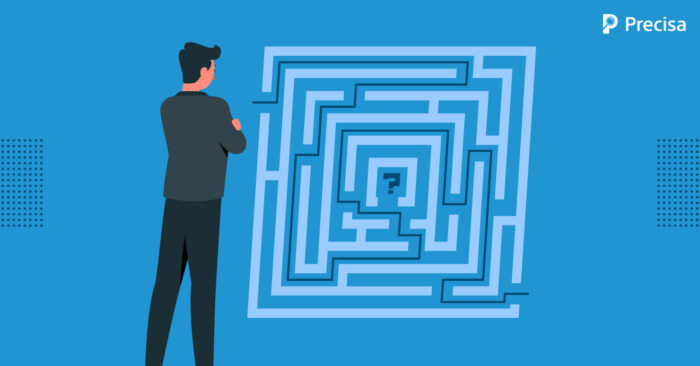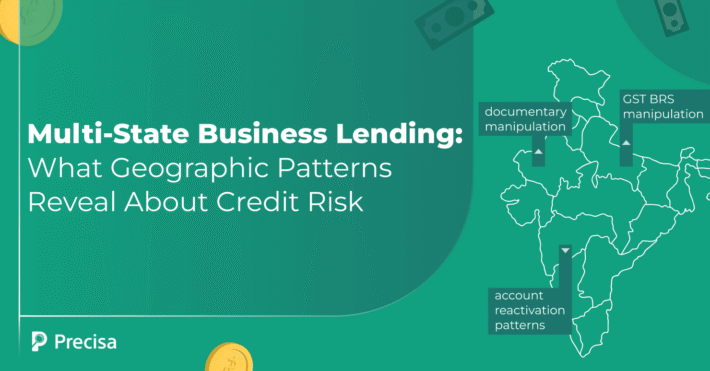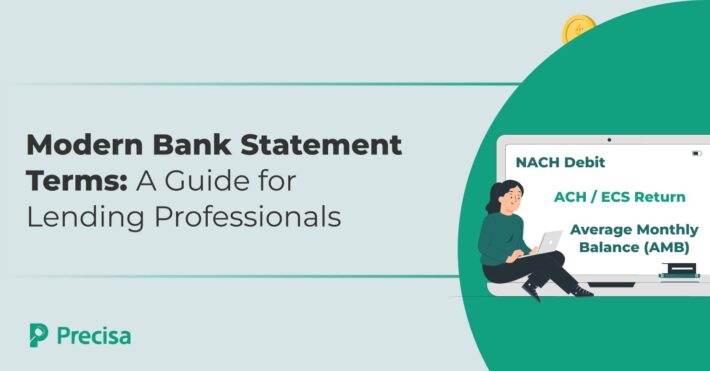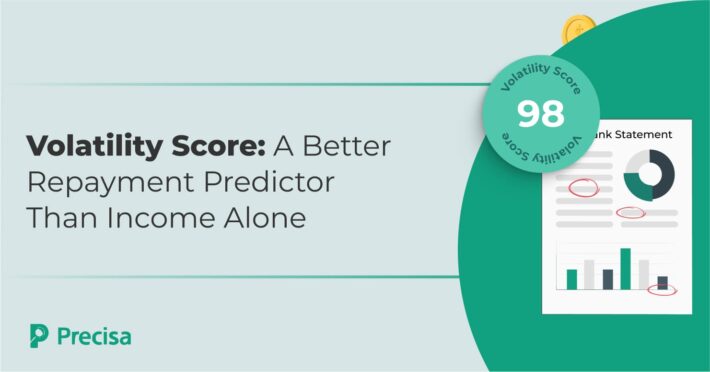Enhancing Credit Appraisal through Collaborative Data Sharing and Open Banking
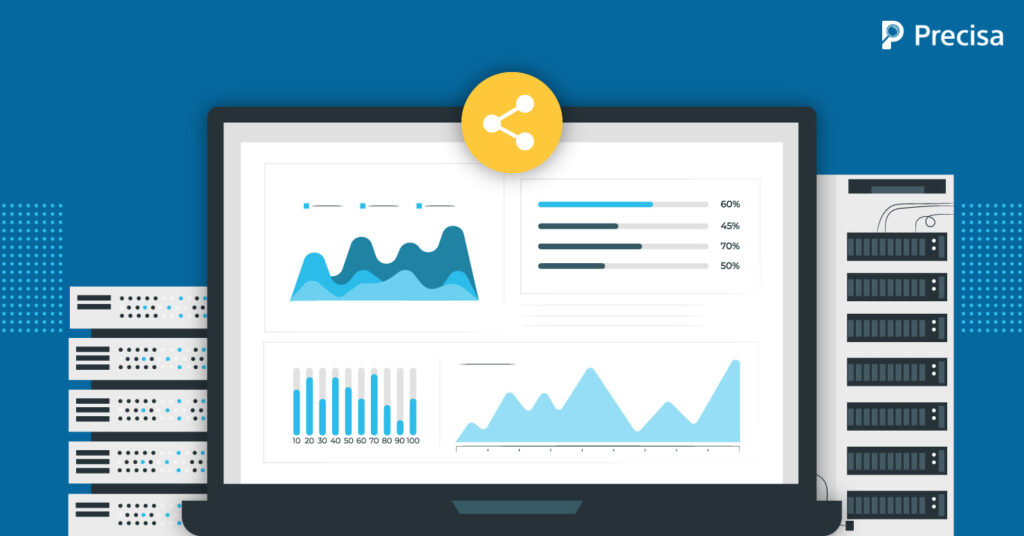
A recent Mckinsey report indicates that collaborative data sharing in finance has the potential to boost the GDP of economies by 1 to 5 per cent by the end of 2030. In light of this, many nations in the G20 have identified micro, small, and medium enterprises (MSMEs) as a major driver of economic growth, particularly in developing countries. However, over 65 million MSMEs in emerging nations have an unmet financing need of around 5.2 trillion annually. There is a huge gap between the amount of financing that MSMEs need and the amount of financing available to them. The lending sector worldwide is plagued with numerous challenges, including fraud, cumbersome credit appraisal processes, lack of transparency, and more.
This has encouraged governments, regulators, and hesitant financial institutions to explore new avenues, and open credit assessment platforms have emerged as front-runners.
In this article, we will explore the meaning of open credit assessment platforms and how they can revolutionise credit appraisal and promote enhanced credit evaluation process.
Rise of Open Data Systems and Digital Adoption
Before we dive deeper into understanding the role of open data credit assessment platforms in credit appraisal, let us first examine what open credit data is.
What is open credit data?
Open credit data primarily refers to the digital exchange of data in a certain way that requires minimum effort and manipulation.
This exchange is facilitated by innovative and cutting-edge solutions, such as open credit appraisal platforms primarily developed by financial technology or fintech companies.
While financial institutions and consumers figure out the potential value of collaborative data, there are several benefits involved for both parties.
Benefits for Lenders
1. Improved operational efficiency
Despite impressive technological advancements, many lenders are reluctant to ditch large paperwork involved during credit appraisal. Multiple steps are involved before credit analysts can approve an applicant’s loan application. While this process safeguards lenders from potential fraud, it hinders their operational efficiency.
Open data credit assessment platforms can boost operational efficiency by making adopting automation technologies easier and minimising costs. This can also enhance customer experience by promoting faster and more transparent credit appraisal.
2. Safety Net for Credit Application Fraud
As financial institutions continue to invest millions of dollars to improve security and prevent fraud, cybercriminals are leaving no stone unturned to exploit the vulnerable gaps in the current financial ecosystem.
These crimes come in different shapes and forms, out of which identity fraud has emerged as the favourite choice for criminals who commit loan application fraud. Around 76,020 personal and bank loan fraud cases were reported in the U.S. in 2022.
Collaborative data sharing provides put forward more signs and evidence that flag suspicious activity. This can help lenders formulate their predictive fraud prevention model and significantly improve credit appraisal.
Benefits for Borrowers
After tapping into the benefits of open credit appraisal platforms for lenders, let us examine the advantages for borrowers.
No-barrier Access to Personal Financial Information
Collaborative data sharing allows customers to buy and use financial services they could never previously access.
For instance, where limited data from traditional documentary sources may disqualify applicants from obtaining loans, open financial data can help assess the creditworthiness of borrowers by sourcing their rent, phone, and utility bills.
Individuals and MSMEs with no formal records can also secure formal credit for the first time with open credit assessment platforms.
Enhanced User Experience
Financial institutions are grappling with stiff competition and are primarily engaged in increasing their foothold in the current financial industry. In their efforts to do so, the focus on improving user experience has never been greater than what it is today.
Collaborative data sharing improves credit appraisal as it helps customers save time while interacting with their financial services provider. MSMEs can submit all the essential documentation required during customer onboarding.
Furthermore, open access to information available on mortgage products, with applications automatically prefilled, allows consumers to apply for loans by eliminating the need for mortgage brokers. This simplifies credit appraisal and allows customers to get better rates.
Challenges of Relying on Open Credit Assessment Platforms to Improve Credit Appraisal
We wished we were living in a utopian world where we would never have to discuss the challenges of credit appraisal through collaborative data sharing.
Despite offering tremendous promise and benefits, there are a few glaring downsides. Let’s take a look.
Fostering Trust In Users and Financial Institutions Could Take Time
Adopting open credit assessment platforms to improve credit appraisal is not straightforward. The increasing number of cybercrimes, insufficient awareness, and apprehensions surrounding data privacy and security are some of the key barriers restraining the adoption of open banking solutions worldwide.
Lenders and borrowers do not fully trust open credit assessment systems despite the huge interest. The onus is on the product developers to boost awareness and create a customer base.
Developing Fool-proof Digital Identification Systems
As more and more borrowers and lenders leave their digital footprint, there is a growing need to integrate robust digital identification solutions in open credit assessment platforms to improve credit appraisal.
Deploying robust authentication measures and identity verification processes is crucial to prevent identity theft and fraud during the credit assessment process. Even though solution providers are putting sincere efforts into improving security and preventing fraud, they have not been able to mitigate the risks completely.
Wrap Up
Adopting open credit assessment platforms to improve credit appraisal is expected to witness significant growth in the coming years. That said, the success of these platforms hinges on several factors, including fraud protection measures, user convenience, finding value in open banking, and the adoption rate among MSMEs.
As an AI-driven analytics platform for lenders and financial institutions, Precisa is at the forefront of developing new-age and cutting-edge Fintech solutions. With a diverse product portfolio and numerous APIs, our solutions are trusted by many reputed firms in India.
Get in touch with our team to learn more!

